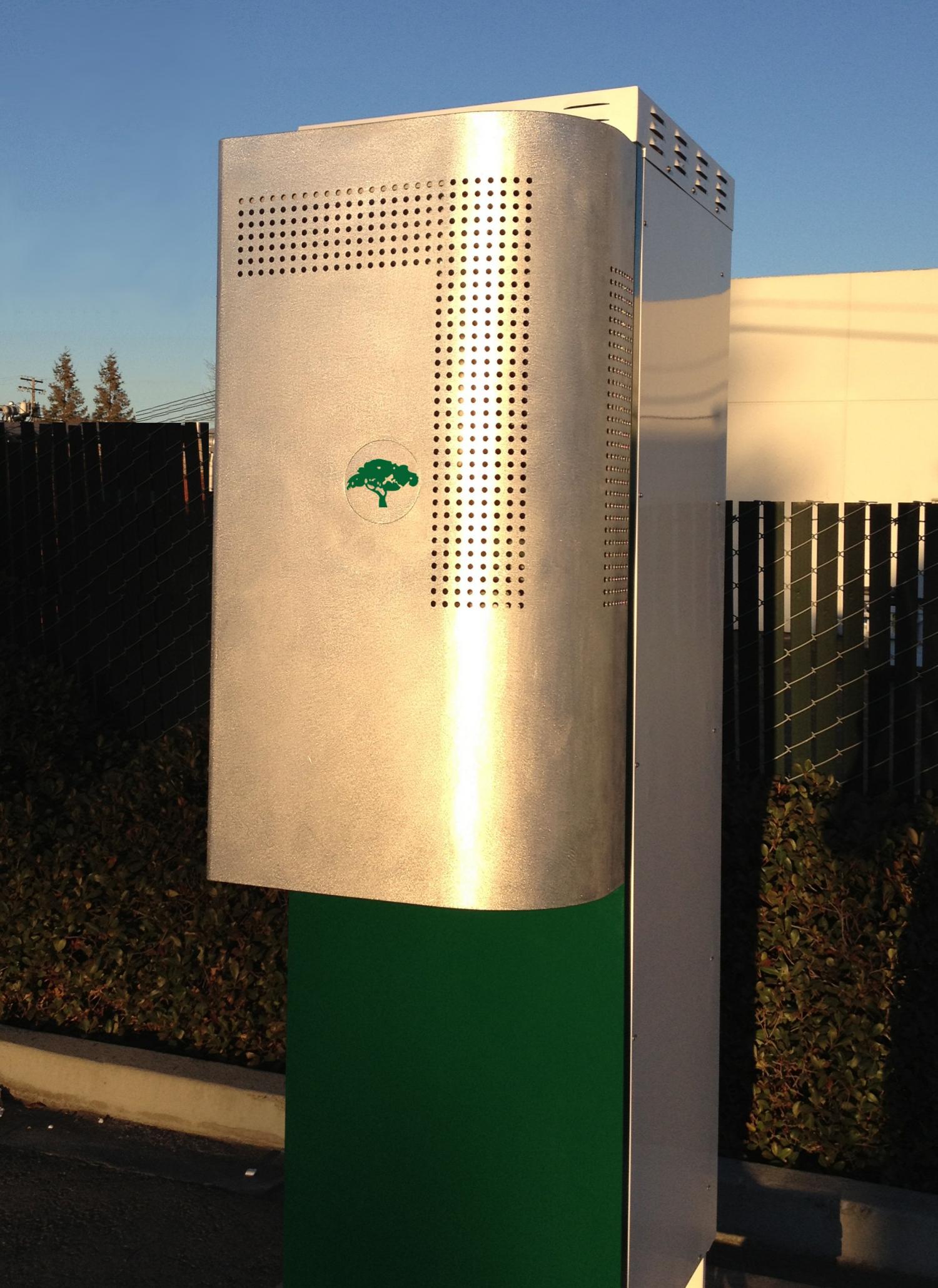
Hotels and tourism businesses worldwide have been keen to capitalize on travelers' growing “eco-consciousness.” Besides the potential boost in revenue from “green” marketing, ecologically sensitive and energy efficient design, building and operations can yield substantial savings; it can also reduce the vulnerability and risk exposure of hotel and tourism businesses to fluctuations in the prices of energy, water and environmental degradation.
Aiming to earn Platinum-level LEED certification from the U.S. Green Building Council, the family-run Shore Hotel in Santa Monica, Calif. is installing cutting-edge energy storage and power management technology developed by Green Charge Networks.
Explaining the rationale that led to the decision, CEO Steve Farzam stated: “Shore Hotel is committed to modeling how sustainability and luxury can work together to create an incredible experience for our guests. Energy storage is a natural complement to the many measures we’ve taken to reduce our carbon footprint and achieve Gold LEED certifications.”
California's high demand charges
The demand charges California's electric utilities charge commercial and industrial customers for electricity usage during peak periods are among the highest in the nation, and on average make up 50 percent or more of businesses' electric bills. Combining historical energy usage patterns with real-time weather data, installing Green Charge's GreenStation platform could cut the Shore Hotel's demand charges by as much as 50 percent.
In contrast to standard rates for electricity usage, which are measured in kilowatt-hours (kWh), demand charges are assessed according to power usage during peak-demand periods and measured in kilowatts (kW). While the former has been trending lower for California businesses over the past decade, the latter has been trending higher--rising over 7 percent annually, Green Charge explains in a press release.
As Victor Shao, CEO of Santa Clara, Calif.-based Green Charge, elaborated in a company press release:
“Many of our customers have seen significant reductions in demand charges, some by 50 percent or more. We’re excited to work with the Shore Hotel to model how energy storage can play an integral role in improving the efficiency of green buildings. This partnership further demonstrates the Shore Hotel’s commitment to sustainable building practices and power efficiency.”
Green building, EVs, and intelligent energy storage and power management
In addition to installing GreenStation, the Shore Hotel is installing an electric vehicle (EV) charging station, a decision management is taking based on the growing number of EVs guests are driving. Shore's GreenStation will help there as well, reducing demand charges from spikes in electricity usage resulting from EV charging.
The combination of ongoing cost reductions and performance enhancements in commercial and industrial-scale battery storage, smart grid and solar photovoltaic (PV) systems, along with the high and more volatile costs of fossil fuel energy, is leading a growing number of businesses to make investments in energy efficiency and intelligent energy storage-power management systems.
Adding significantly to the impetus is a recently enacted California state mandate requiring that investor-owned utilities acquire 1,325 megawatts (MW) of electricity and thermal storage capacity by 2020.
In addition, California's Self-Generation Incentive Program (SGIP) “pays $2 per watt for an energy storage solution. That's typically half the cost [of installing a GreenStation platform], which has really helped the state of affairs in California,” Shao told 3p in a recent interview.
Besides Shore Hotel, Green Charge counts 7-Eleven, Avis and Walgreens as customers. All told, the company has closed more than 2 MWs' worth of Power Efficiency Agreements.
Images courtesy of Shore Hotel and Green Charge Networks

An experienced, independent journalist, editor and researcher, Andrew has crisscrossed the globe while reporting on sustainability, corporate social responsibility, social and environmental entrepreneurship, renewable energy, energy efficiency and clean technology. He studied geology at CU, Boulder, has an MBA in finance from Pace University, and completed a certificate program in international governance for biodiversity at UN University in Japan.














